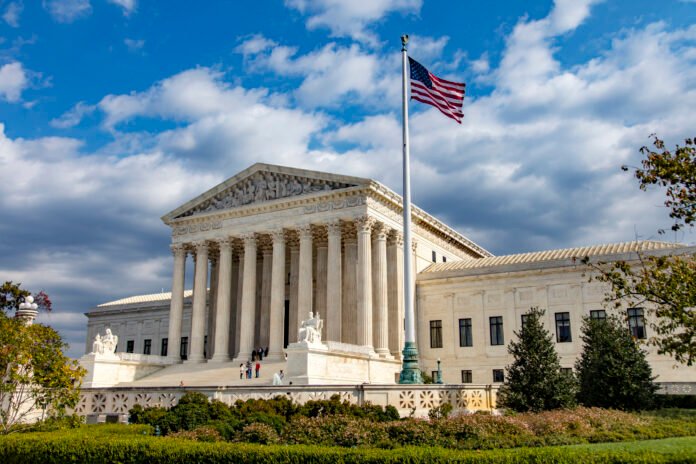U.S. courts are steadily rejecting state-level climate lawsuits, bringing relief to businesses facing uncertain legal battles. As these dismissals pile up, a clear message is emerging: businesses need legal clarity in addressing global climate concerns.
Recently, judges in New Jersey, Delaware, and Maryland dismissed lawsuits against major energy companies. These suits claimed damages for climate change under state law. However, the courts ruled that such cases involve global issues and fall under federal jurisdiction.
This shift in legal direction is a win for energy companies and investors. It protects them from a patchwork of regulations that vary across states. More importantly, it ensures that legal decisions align with national and international frameworks.
In New Jersey, Superior Court Judge Douglas Hurd emphasized that only federal law can manage cross-border pollution claims. He stated that the U.S. Constitution requires federal oversight in matters of global emissions. Businesses need legal clarity, especially when operating across multiple states and countries.
Delaware and Maryland followed suit. Judges there rejected climate claims based on state consumer laws. They agreed that global pollution cannot be regulated at the state level. These consistent rulings reduce legal risks for businesses in the energy sector.
While most states now respect constitutional boundaries, Hawaii remains an exception. Its Supreme Court ruled differently in a recent case. Justice Todd Eddins even criticized U.S. Supreme Court precedents in his opinion. Such rulings raise concerns about legal consistency.
Additionally, Puerto Rico’s ongoing lawsuit continues despite recent political changes. Yet, experts argue it faces steep constitutional challenges. Investors and corporations closely watch these developments for signs of future legal stability.
Looking forward, legal experts expect the U.S. Supreme Court to weigh in soon. The growing number of state-level dismissals supports this need. Businesses need legal clarity to plan, invest, and innovate in a complex regulatory environment.
These court decisions highlight that when it comes to global issues like climate change, unified legal guidance protects both the market and the environment.
For more business updates, visit DC Brief.


